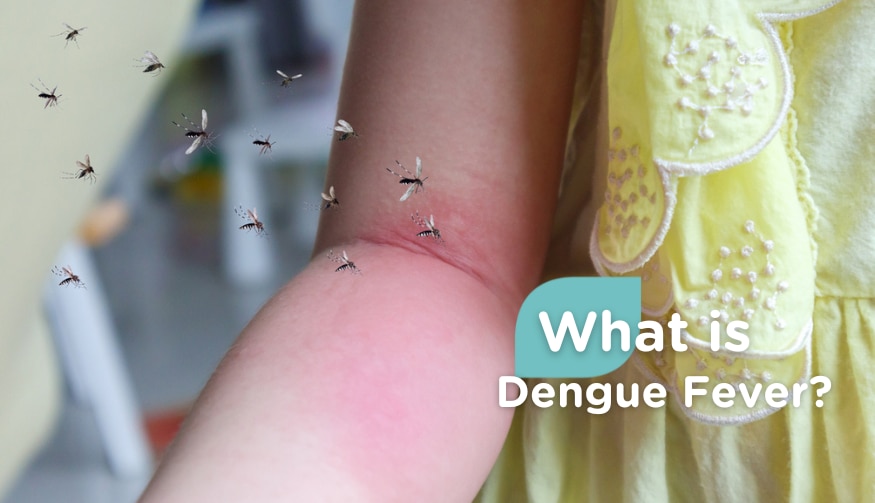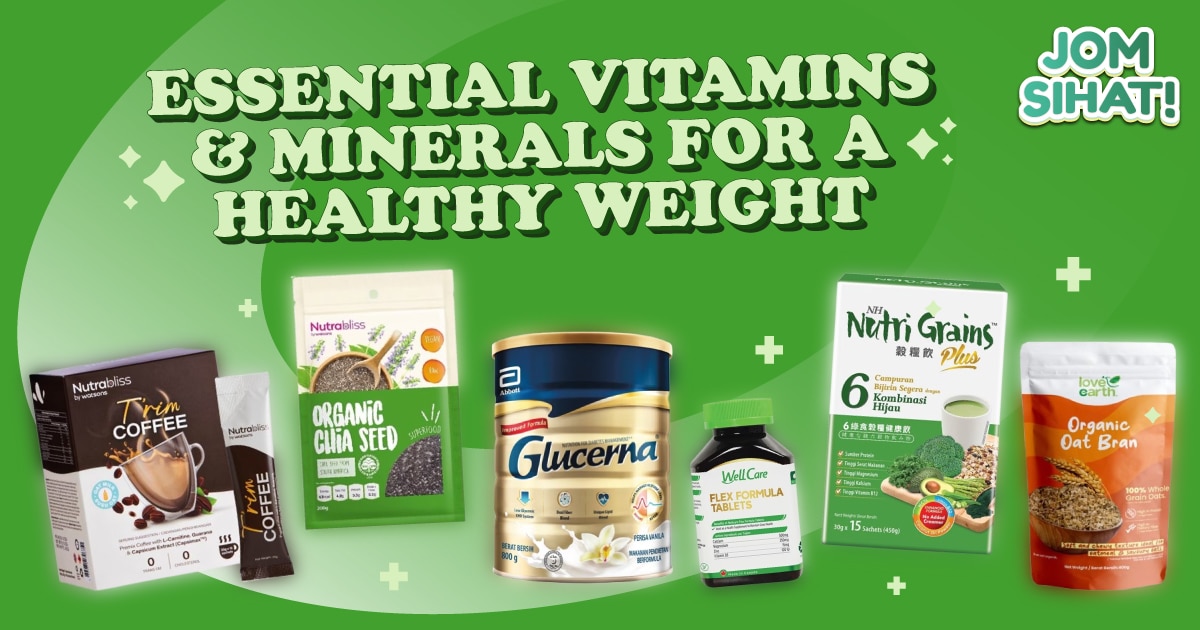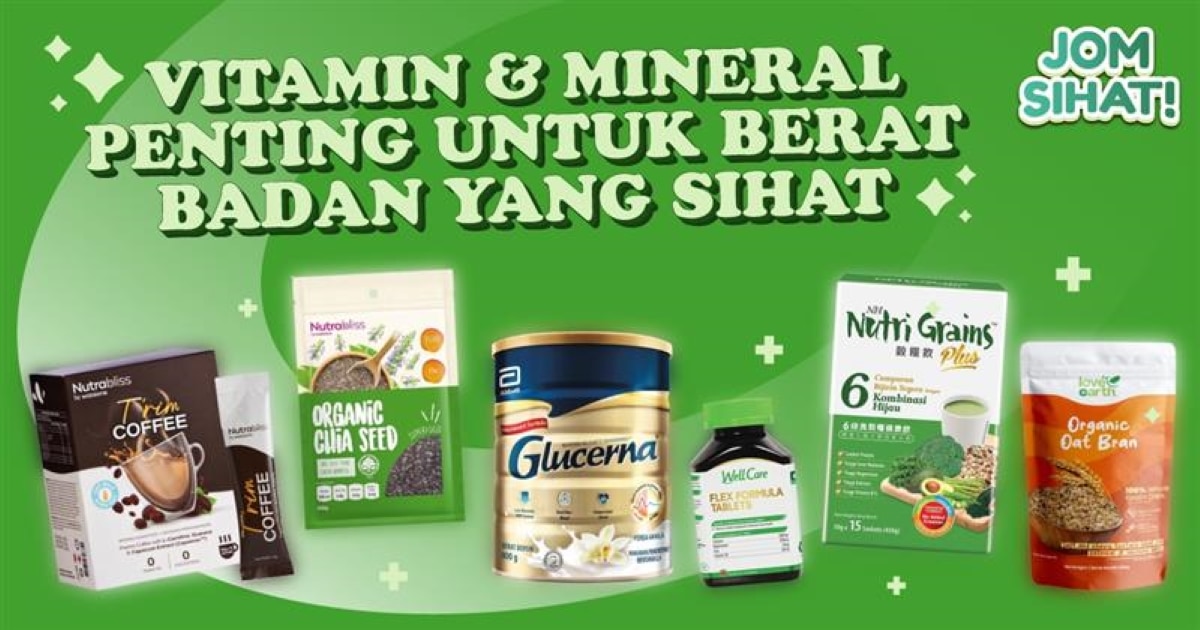In the world of essential nutrients, some minerals work tirelessly behind the scenes to keep our bodies functioning at their best. Zinc is one such unsung hero. While often overshadowed by its more famous counterparts like vitamins C and D, zinc plays a pivotal role in numerous bodily functions, from boosting our immune system to enhancing skin health.
In this article, we’ll explore the impressive benefits of zinc and why this mighty mineral deserves a place in your daily health regimen. Join us as we uncover the secrets to unlocking the power of zinc for a healthier, more vibrant you.
What is Zinc?
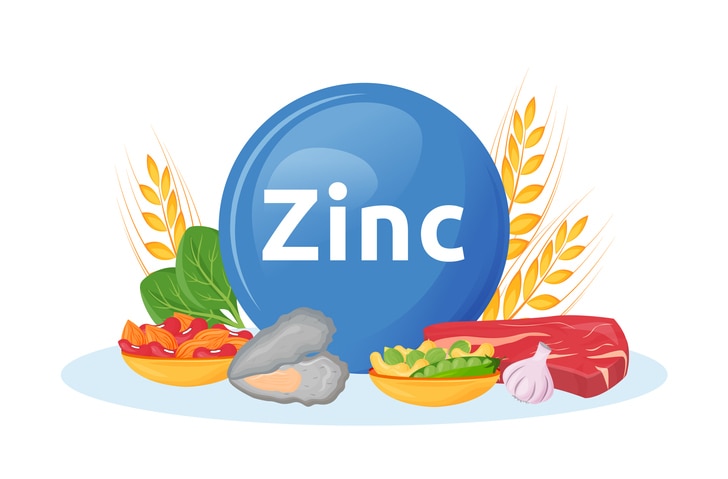
In the human body, zinc is crucial for numerous physiological processes. It supports the function of over 300 enzymes and is involved in DNA and protein synthesis, and cell division, making it essential for growth and development.
Zinc plays a primary role in supporting a healthy immune system by aiding the production and function of white blood cells that fight infections. It also acts as an antioxidant, protecting cells from damage caused by free radicals. Furthermore, it is essential for normal taste and smell perception, wound healing, and maintaining healthy skin.
Ensuring sufficient zinc intake is vital for overall health. While zinc can be obtained from foods like meat, seafood, nuts, and whole grains, supplementation may be necessary for those with low dietary intake or specific medical conditions.
What are the Health Benefits of Zinc?
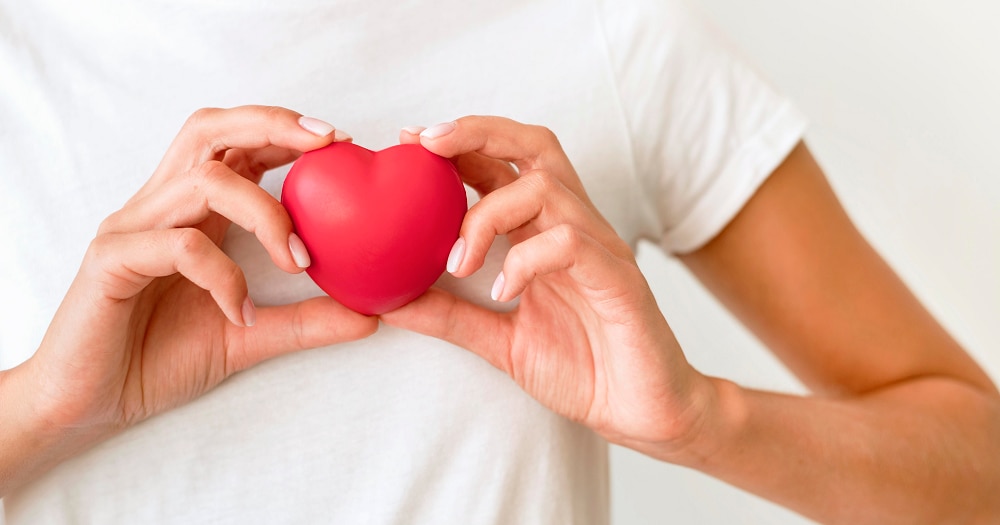
Zinc offers numerous health benefits, including:
1. Boosting immune system function: Zinc is like a personal trainer for your immune system, ensuring it’s always in peak condition. It promotes the production of antibodies, the proteins that neutralize harmful pathogens. As the body’s ability to fight off infections increases, the duration of illnesses like the common cold will be reduced too.
2. Promoting wound healing and tissue repair: Zinc is key when it comes to wound healing as it is involved in collagen synthesis, which is the process that creates the structural framework of your skin and other tissues. By speeding up this process, zinc helps wounds heal faster and reduces the risk of infections. Whether it’s a minor cut or a significant injury, zinc ensures that your body’s repair mechanisms work efficiently, keeping you on the path to recovery with less downtime.
3. Supporting healthy skin and preventing acne: This mineral regulates oil production in your skin, preventing the excess oil that can clog pores and lead to acne. Its anti-inflammatory properties help reduce redness and swelling associated with pimples. Moreover, its antioxidant abilities protect your skin from free radical damage, which can cause premature ageing. Incorporating zinc into your skincare routine will help you to achieve a clearer, healthier complexion.
4. Promote blood sugar management: Maintaining balanced blood sugar levels is essential, especially for individuals with diabetes or prediabetes. Zinc plays a vital role in this by improving insulin sensitivity and aiding glucose metabolism. It helps insulin, the hormone that regulates blood sugar, to function more effectively. This can lead to better blood sugar control and potentially lower the risk of complications associated with diabetes.
5. Improve heart health: Zinc supports heart health by maintaining healthy blood vessels, ensuring that blood flows smoothly throughout your body. It also aids in proper blood clotting, preventing excessive bleeding while avoiding dangerous clots. Its anti-inflammatory properties reduce inflammation in the arteries, which can lower the risk of heart disease. By supporting these critical functions, zinc contributes to a healthier cardiovascular system, helping to protect your heart in the long run.
Signs of Zinc Deficiency

Zinc deficiency is more common than you might think and can lead to several health issues. Here are some key signs that you might not be getting enough zinc:
- Delayed wound healing: Zinc is essential for collagen production, a protein crucial for wound repair and tissue regeneration. Without enough zinc, your body’s ability to produce collagen diminishes, leading to slower wound healing. If you find that your cuts and scrapes are taking longer than usual to heal, it might be a sign of zinc deficiency.
- Impaired immune function: Inadequate zinc weakens the immune response, making individuals more susceptible to infections. Frequent colds, flu, and other infections might indicate that your body is lacking this crucial mineral.
- Loss of appetite: One of the less obvious symptoms of zinc deficiency is a decreased sense of taste and smell, which can lead to a loss of appetite. This can create a vicious cycle, as poor appetite can further reduce zinc intake from your diet, exacerbating the deficiency.
- Hair loss: Hair health is closely linked to zinc levels. Insufficient zinc can weaken hair follicles, leading to hair loss or thinning. If you notice your hair falling out more than usual or becoming noticeably thinner, zinc deficiency could be the culprit.
- Impaired growth and development: Zinc is crucial for growth and development, especially in children and adolescents. A deficiency can lead to stunted growth and developmental issues, affecting both physical and cognitive development. Ensuring adequate zinc intake is vital during these critical growth periods.
Food Sources of Zinc
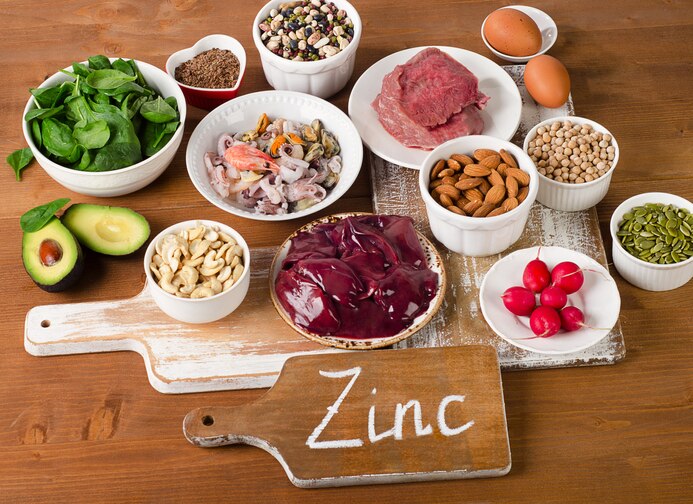
Zinc is crucial for immune function, wound healing, and DNA synthesis. While supplements are available, it’s best to get zinc from natural food sources. Zinc-rich foods include:
- Oysters
- Beef
- Pork
- Chicken
- Yogurt
- Cheese
- Eggs
- Legumes (such as chickpeas and lentils)
- Nuts and seeds (such as cashews and pumpkin seeds)
- Whole grains (such as brown rice and oats)
The recommended daily intake of zinc varies by age and gender. To optimize zinc absorption, consume zinc-rich foods with vitamin C sources, avoid high-phytate foods at the same time, include animal proteins, and limit alcohol consumption.
Zinc Supplements
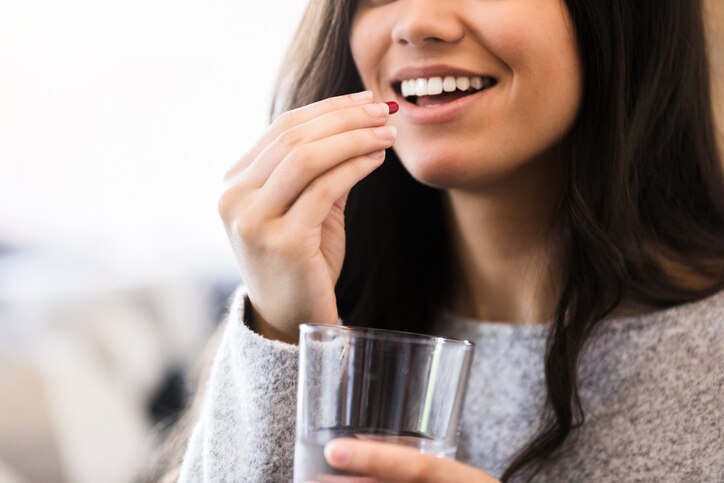
To harness these incredible benefits of zinc, it’s essential to get the right amount from your diet or supplements. Watsons offers a variety of zinc supplements designed to help you maintain optimal health. Always consult with a healthcare professional to determine the right supplement and dosage for your specific needs.
Explore Watsons’ selection of zinc supplements today and take a proactive step towards better health.
- WATSONS Effervescent Vitamin C + Zinc 3 x 10’s
- WATSONS Effervescent Vitamin C + Zinc 6 x 10’s
- WATSONS Effervescent Vitamin C + Zinc 10’s
- WATSONS Effervescent Vitamin B Complex
- WATSONS Effervescent Vitamin B Complex 3 x 15’s
Watsons offers a range of effervescent vitamin supplements for your overall health. The Vitamin C + Zinc series supports immune health while the Vitamin B Complex series supports energy metabolism and overall health.
Surbex Zinc B-Plus combines zinc with essential B vitamins to boost immune function, enhance energy production, and support overall health. Each tablet provides 15 mg of zinc, along with significant amounts of vitamins B1, B2, B3, B5, B6, B12, C, E, and folic acid, making it a comprehensive solution for maintaining well-being.
Blackmores Bio Zinc Plus combines zinc with key nutrients including magnesium, manganese and vitamins A and B6 in a convenient one-a-day dose. Zinc helps with the metabolism of carbohydrates, fats and protein. Zinc is also an important mineral for health.
This supplement provides essential minerals that play a vital role in maintaining strong bones, healthy teeth, and proper muscle function. The combination of calcium, magnesium, and zinc ensures comprehensive support for bone density and muscle relaxation while also contributing to immune system health and enzymatic reactions.










